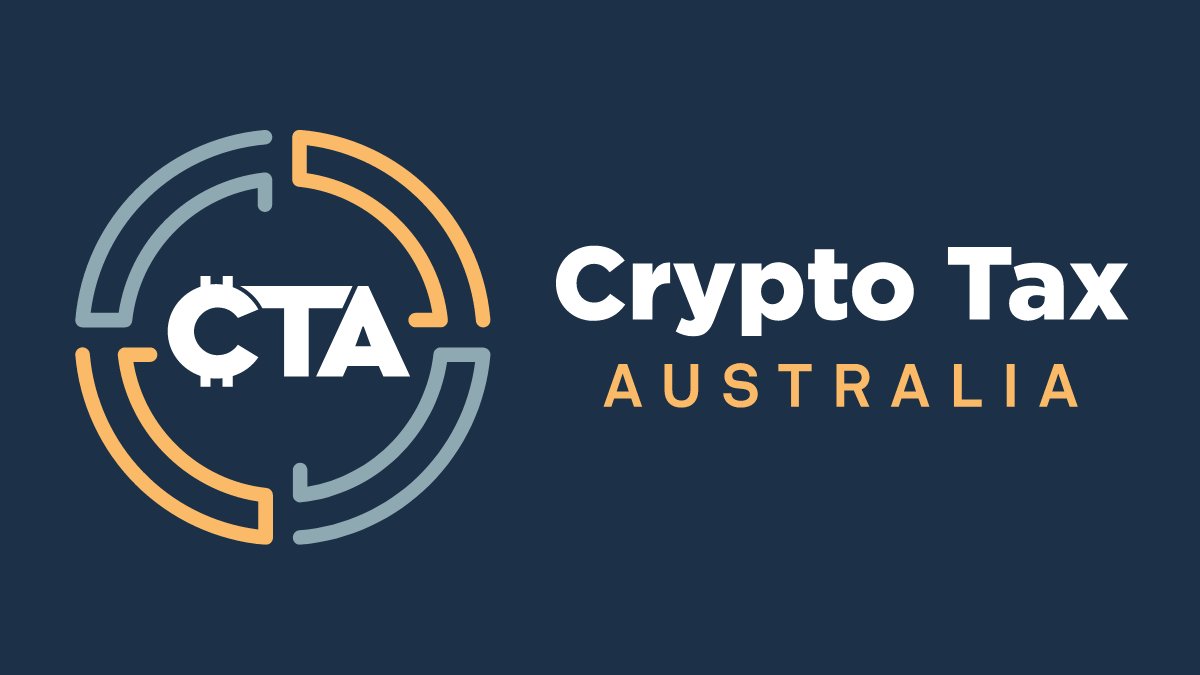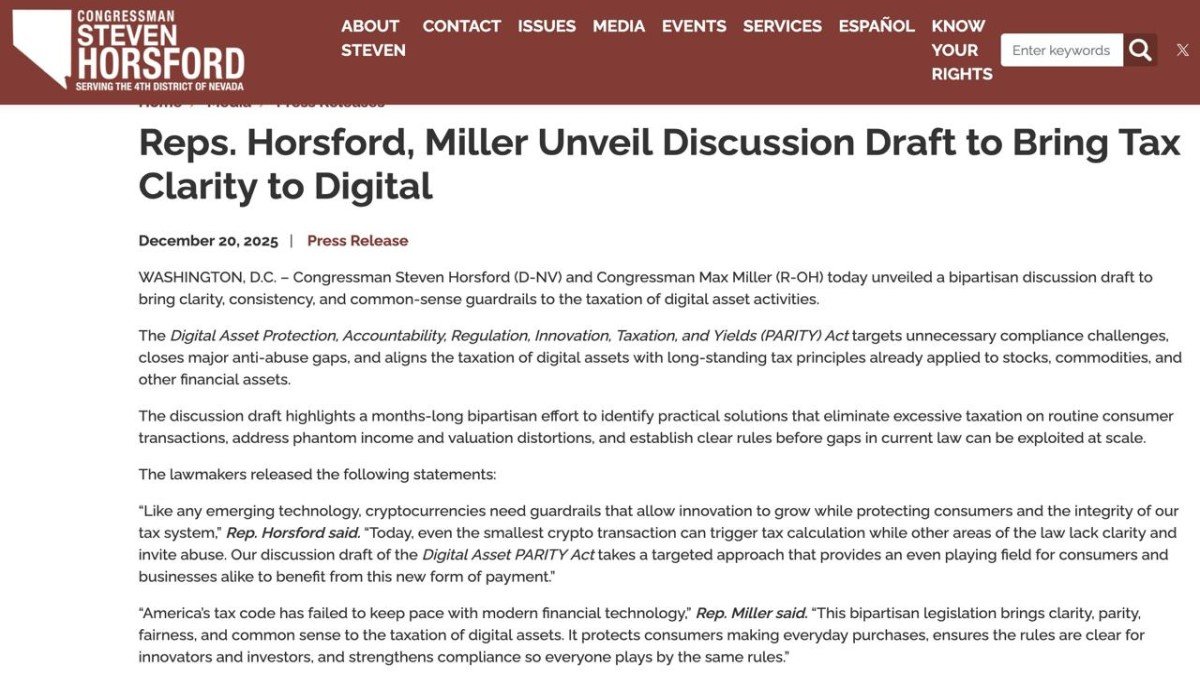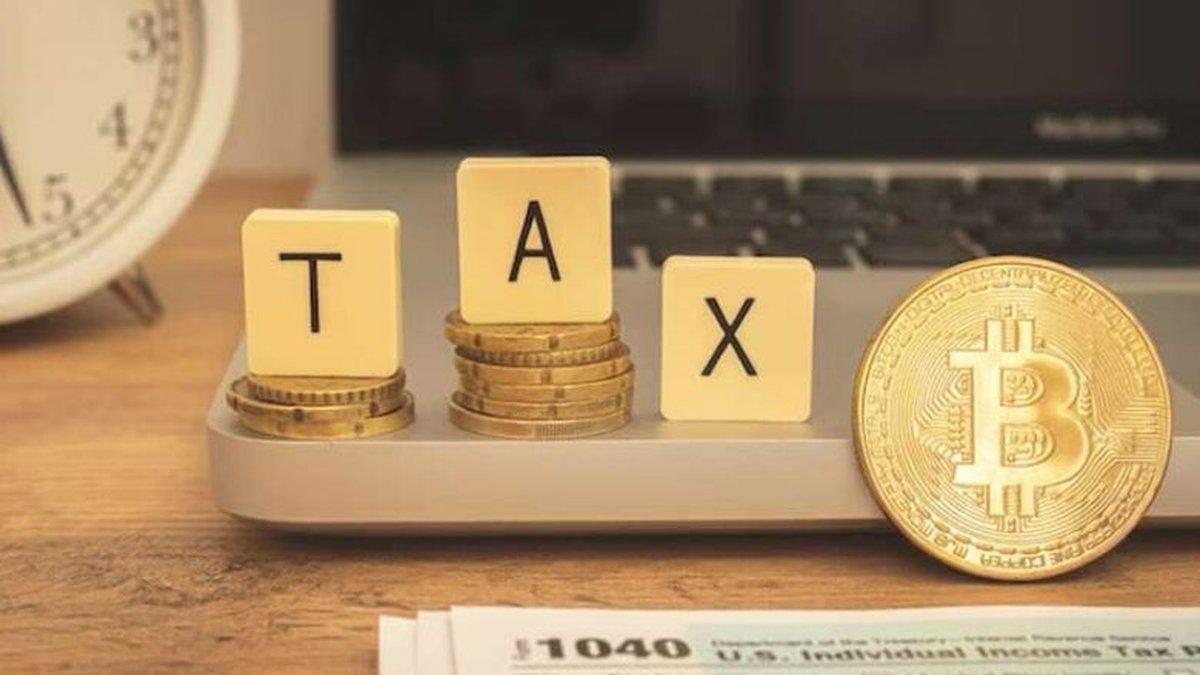Crypto Tax in Australia: Navigating the Regulatory Landscape
Australia has emerged as one of the more progressive jurisdictions in terms of cryptocurrency regulation. Crypto tax compliance is governed by the Australian Taxation Office (ATO), which provides detailed guidance for individuals and businesses engaging in digital asset transactions. This article offers a deep dive into the regulatory framework, tax obligations, and practical considerations for crypto investors in Australia.
Regulatory Background and Evolution
The ATO first issued cryptocurrency guidance in 2014, clarifying that digital assets are treated as property for tax purposes. Over the years, this guidance has expanded to encompass complex transactions including trading, mining, staking, and DeFi activities. The main tax principles include:
- Capital Gains Tax (CGT): Profits from disposal of crypto assets are subject to CGT, with discounts available for long-term holdings.
- Income Tax: Crypto received as payment or from mining activities is treated as ordinary income.
- Record-Keeping Requirements: Detailed transaction logs, including dates, amounts, and fair market value, must be maintained.
- GST Exemptions: Trading cryptocurrency is generally exempt from Goods and Services Tax, aligning with global best practices.
Key Features and Compliance Considerations
Key considerations for Australian crypto investors include:
- Accurate valuation of crypto at the time of acquisition or disposal to calculate taxable gains.
- Accounting for forked coins, airdrops, and staking rewards as potentially taxable events.
- Understanding that crypto-to-crypto trades are taxable, not just fiat conversions.
Investors must also be aware of penalties for non-compliance, including interest charges on unpaid taxes and potential audit scrutiny.
Use Cases and Strategic Planning
Crypto investors in Australia may engage in diverse activities:
Trading and Investment
Short-term trading requires meticulous tracking to accurately report gains and losses, while long-term investment may benefit from CGT discounts.
DeFi and Staking
Yield from lending, staking, or liquidity provision must be declared as income, often at the time of receipt.
NFTs and Digital Collectibles
Buying and selling NFTs triggers capital gains considerations, with valuation complexity due to the non-fungible nature of assets.
Comparisons with Global Standards
Australia's approach aligns with jurisdictions like the UK and Germany, focusing on property classification, CGT, and income recognition. Unlike some countries with ambiguous treatment of DeFi or staking, the ATO provides concrete guidance, reducing regulatory uncertainty.
Risks and Mitigation Strategies
Investors should consider:
- Volatility and market timing affecting taxable income and capital gains.
- Record-keeping complexity for frequent transactions or cross-platform holdings.
- Potential changes in guidance for emerging assets like NFTs and DeFi products.
Mitigation strategies include professional tax consultation, use of tracking software, diversification, and adherence to ATO record-keeping standards.
Investment Outlook
Understanding crypto tax obligations in Australia enables investors to plan strategically, optimize net returns, and minimize audit risk. Long-term trends indicate increasing adoption, regulatory clarity, and integration with mainstream financial services. Investors should leverage tax planning strategies such as CGT discount optimization, staking reward timing, and portfolio diversification.
Further Reading and Resources
Market | SEC Coin | Crypto Exchanges
Frequently Asked Questions
What is Crypto Tax in Australia? It refers to the regulatory framework governing taxation of cryptocurrency transactions under the ATO.
How does it compare to Bitcoin and Ethereum? All digital assets are generally treated as property, so the tax treatment applies across cryptocurrencies, though specific rules may vary for DeFi, NFTs, or staking.
Is compliance complex? While detailed, following ATO guidance and maintaining accurate records simplifies compliance.
Where can I learn more? The ATO website provides official guidance, supplemented by expert crypto tax advisors and analytical articles in our market sections.





